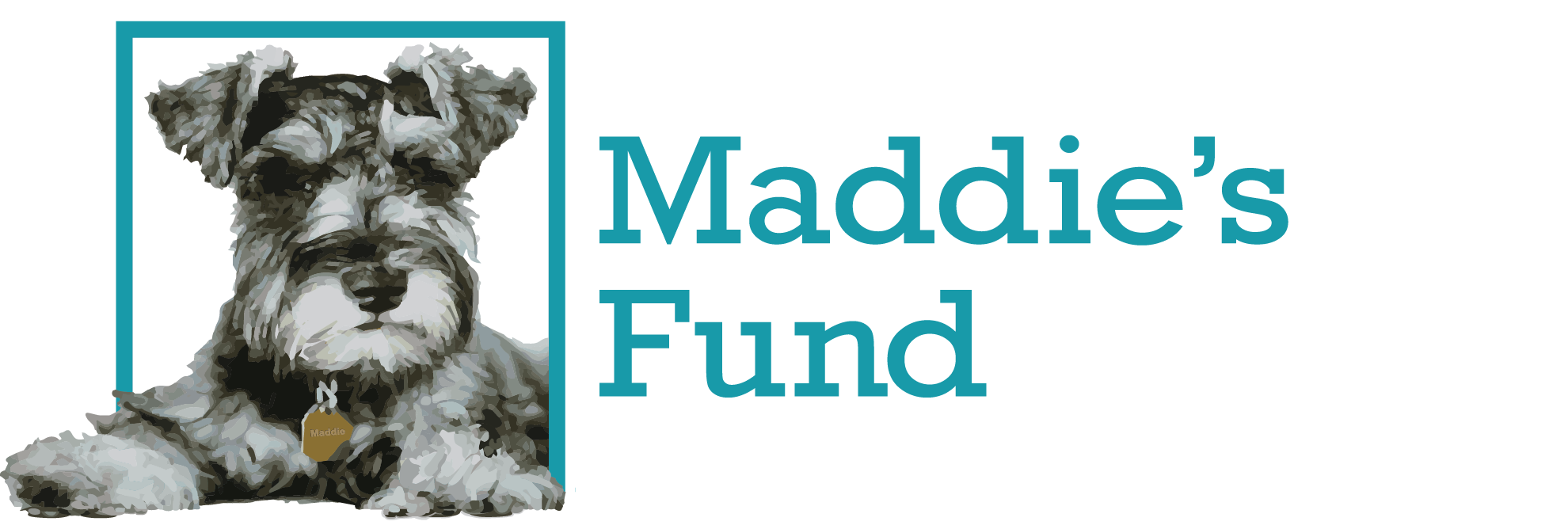People who foster orphaned kittens form deep bonds with them as they take them from fragile babyhood to adoption age. Doesn’t it make sense to let those fosterers have a say in who adopts the kittens?
 If someone cares enough to get up every two hours to feed their foster kittens, doesn’t it follow that they should have a hand in picking the right home for those kittens when they’re ready to be adopted?
If someone cares enough to get up every two hours to feed their foster kittens, doesn’t it follow that they should have a hand in picking the right home for those kittens when they’re ready to be adopted?
Emily Weiss, PhD, CAAB, Vice President of Shelter Research and Development for the ASPCA, thinks so. In a recent Shelter’s Edge blog post she wrote:
My neighbor stopped me the other day to tell me about the kittens she was fostering for a shelter. She was head over heels taken with the kittens and was proud to be able to help. But after she described each of the kitties to me, her face fell. She said that the organization was requiring her to relinquish the kittens back to the shelter where they would be brought into the general population and eventually be made available for adoption. She was troubled, as she already found adopters for each of the kittens and was happy to keep them until they were ready for their S/N surgery – and to even recover them in her home post-surgery before they went to their new homes.
Wow. Our policies and procedures sure can sometimes get in the way of building relationships and even saving lives…
Maddie’s Fund® Director of Veterinary Programs Dr. Laurie Peek agrees. “The shelter I foster with lets me do the adoptions out of my home,” she said. “Neonatal fosterers put our hearts and souls into caring for these babies – getting up frequently at night, stressing about them when they are sick, spending hours feeding and cleaning and feeding and cleaning them. It's only natural we'd also want to be part of seeing them join their forever family."
Dr. Weiss also wondered if emphasizing the bond between kittens and fosterers might not help find more homes for the kittens, too.
She described a dog adoption program called Adoption Ambassador, which “empowers fosters to become the adoption counselors for the dogs in their care, assuring the dog goes from the Adoption Ambassador home straight into their new home.”
Because the program depends on getting the pets out into the community, it has focused on dogs, who can go to parks, cafes, and other “see and be seen” spots. What if, Dr. Weiss speculated, we tried something similar with kittens? Why can’t kittens be trained to be comfortable wearing a harness and going to places like cafes and malls, just like dogs? She wrote:
Many of the established Adoption Ambassador tools would work well for this program – for example, business cards with the picture and name of each kitten along with a number to call, and recruiting fosters with gregarious personality types. There are also opportunities to build cat-focused creativity.
If you’re interested in Dr. Weiss’ idea, she’s interested in collecting data and supporting your efforts. She can be contacted at sheltersedge@aspca.org.
